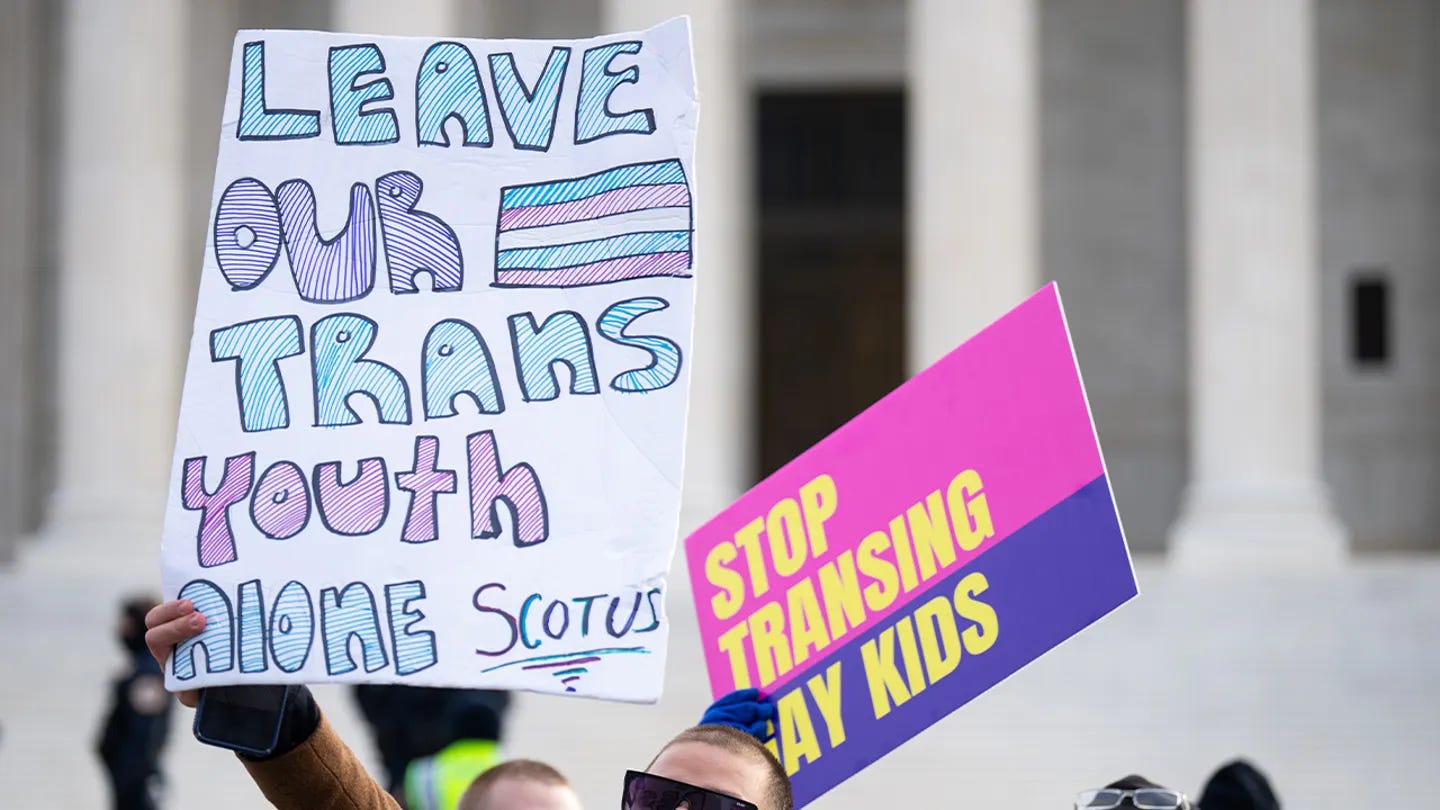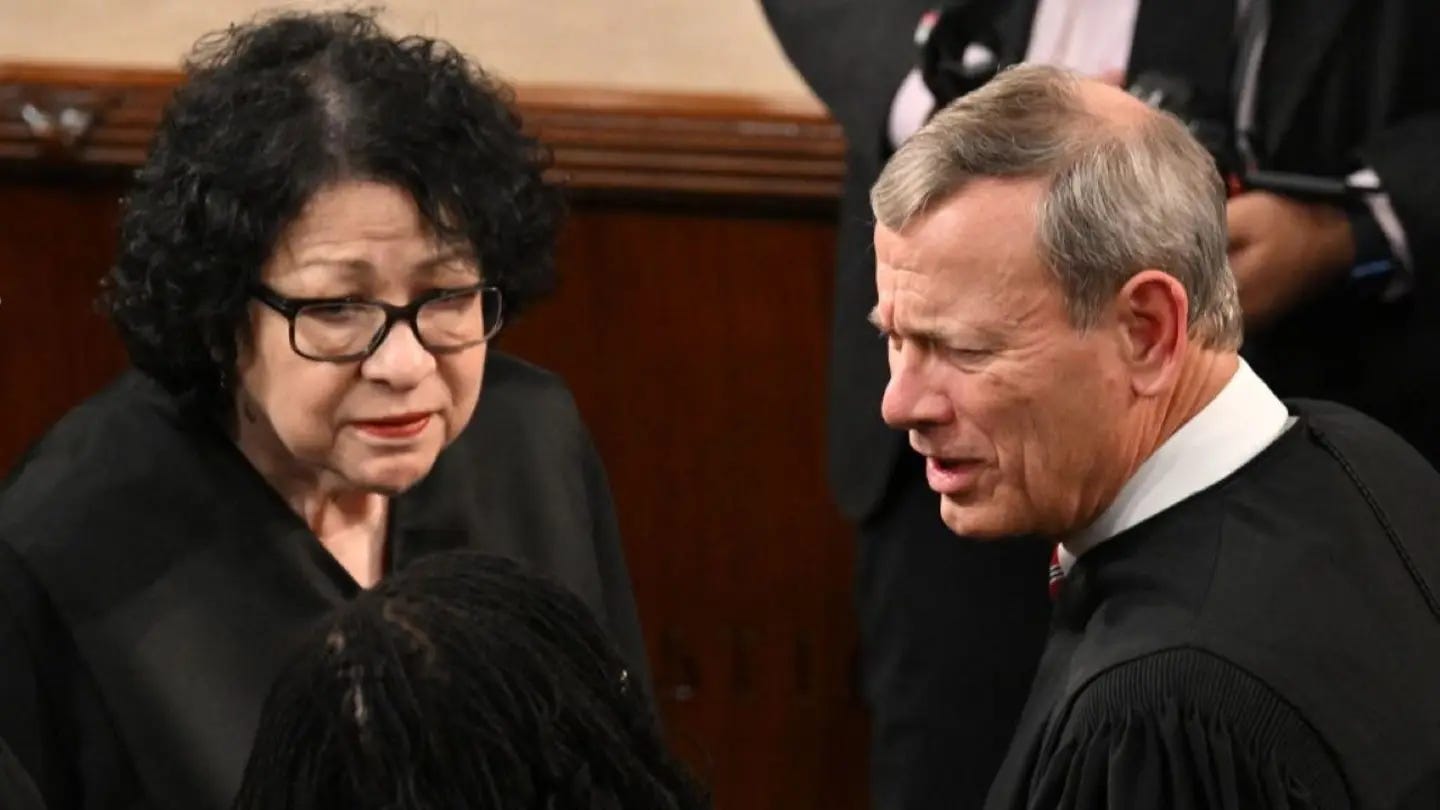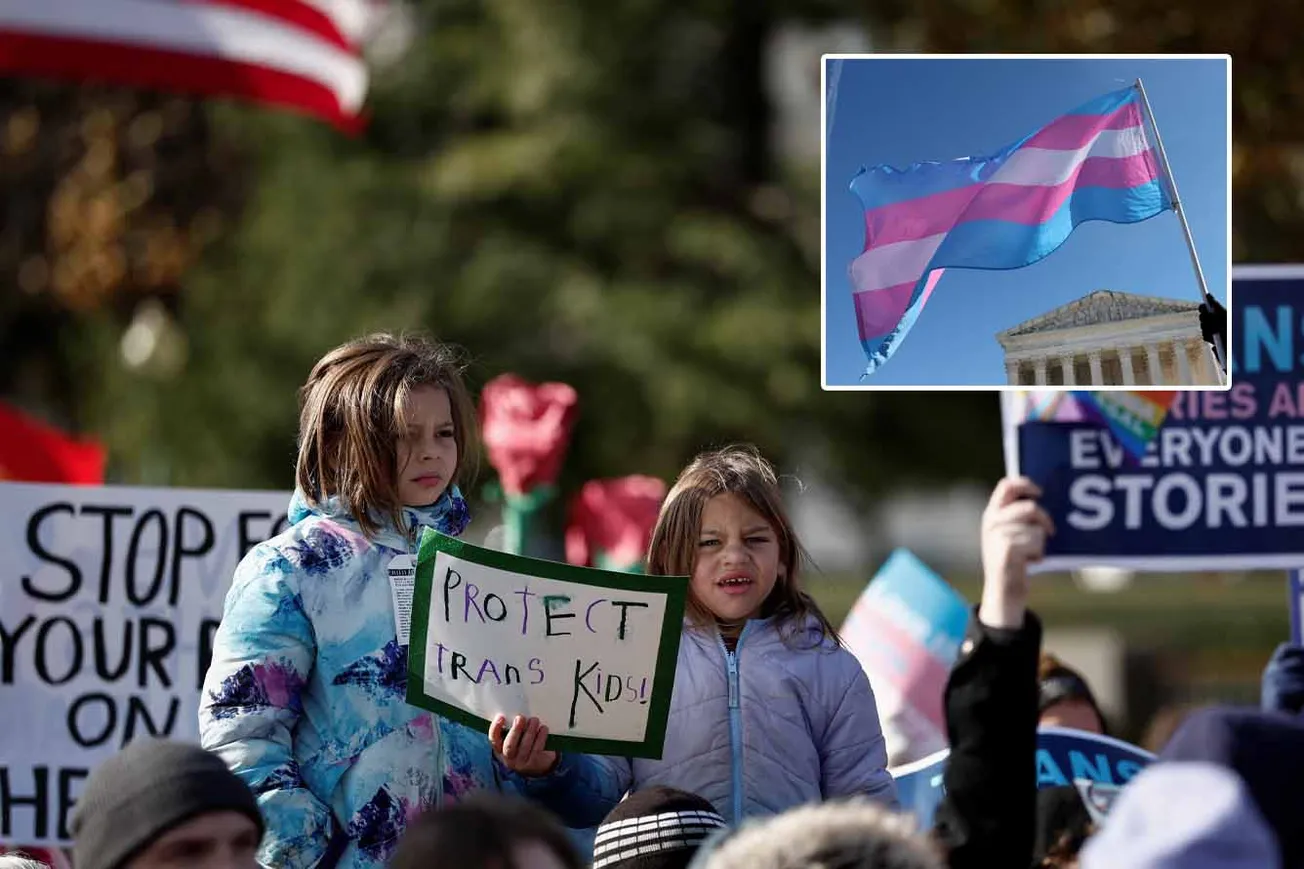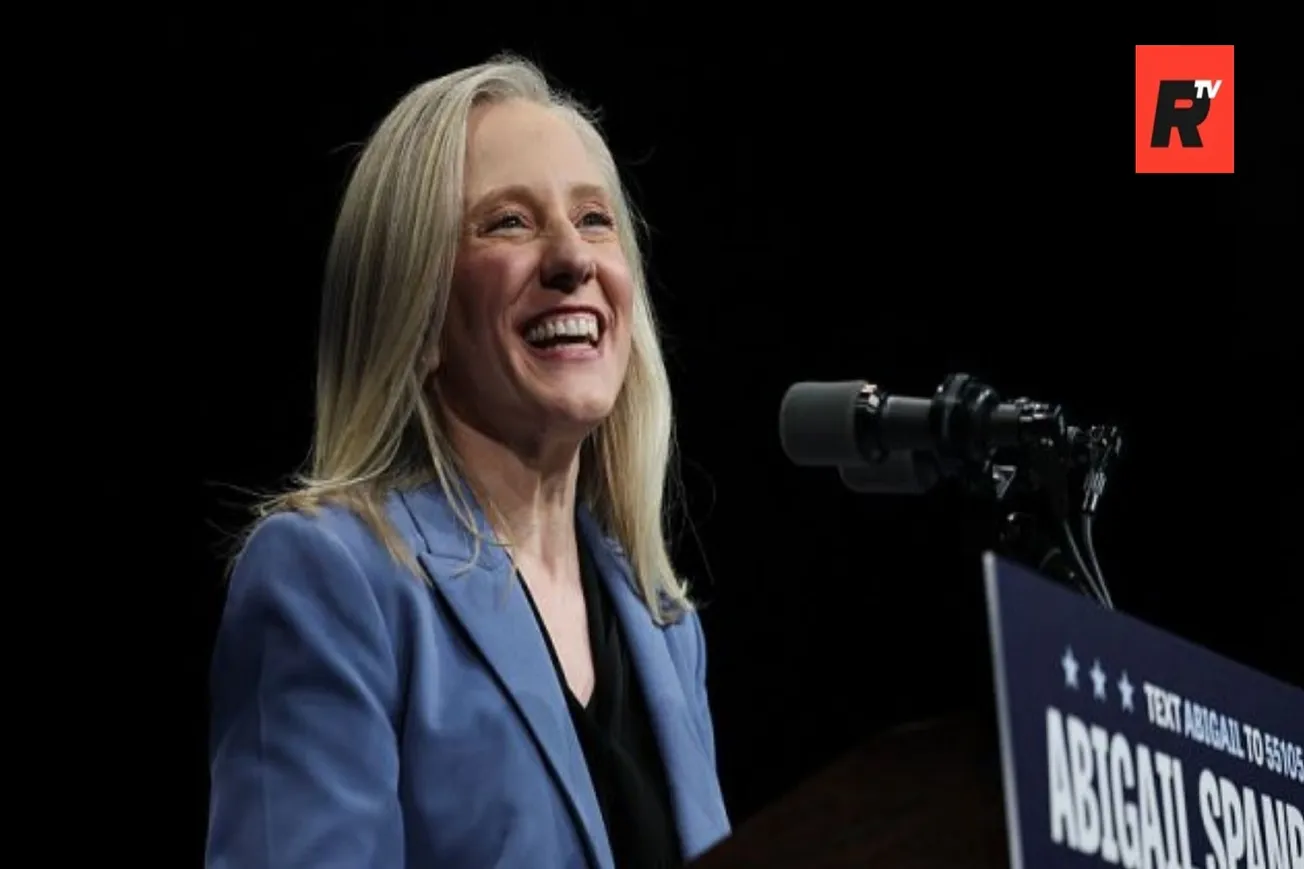Table of Contents
The Supreme Court on Wednesday upheld Tennessee’s ban on gender-affirming medical treatments for minors, a 6-3 decision that affirms the state’s authority to regulate controversial procedures for youth.
The ruling, hailed as a return to reason by supporters, rebuffs claims that the law discriminates against transgender minors.
The case, United States v. Skrmetti, centered on Tennessee’s Senate Bill 1 (SB1), enacted in 2023.

The law prohibits puberty blockers, hormone therapy, and gender-affirming surgeries for minors seeking to transition from their sex assigned at birth.
Three transgender teens, their parents, and a doctor, joined by the Biden administration, challenged the ban, arguing it violated the 14th Amendment’s equal protection clause by discriminating based on sex and transgender status.
Chief Justice John Roberts, writing for the conservative majority, rejected those claims.
“This case carries with it the weight of fierce scientific and policy debates about the safety, efficacy, and propriety of medical treatments in an evolving field,” Roberts wrote.
“The Equal Protection Clause does not resolve these disagreements.”
Tennessee Attorney General Jonathan Skrmetti praised the ruling.

“A bipartisan supermajority of Tennessee’s elected representatives carefully considered the evidence and voted to protect kids from irreversible decisions they cannot yet fully understand,” Skrmetti said.
The law allows puberty blockers and hormones for other medical conditions, such as early-onset puberty, but bans their use for gender dysphoria.
Solicitor General Elizabeth Prelogar, arguing for the Biden administration in December 2024, called the restriction sex-based discrimination.
“It doesn’t matter what parents decide is best for their children,” Prelogar told the justices.
Justice Sonia Sotomayor, in a dissent joined by Justices Elena Kagan and Ketanji Brown Jackson, criticized the majority.
“By retreating from meaningful judicial review exactly where it matters most, the court abandons transgender children and their families to political whims,” she wrote.
The decision affects 25 states with similar bans, impacting over 110,000 transgender teens, according to the Williams Institute at UCLA School of Law.
Tennessee’s law, one of the first to reach the high court, emerged from a wave of Republican-led measures since 2021.
During oral arguments, conservative justices cited evolving medical debates. Justice Brett Kavanaugh noted that countries like England and Sweden are “pumping the brakes” on youth gender treatments, questioning judicial intervention.
“If it’s evolving like that, it strikes me as a pretty heavy yellow light,” he said.
Chase Strangio, an ACLU lawyer representing the families, called the ruling a “devastating loss.” “We are as determined as ever to fight for the dignity and equality of every transgender person,” Strangio said.
The court’s ruling aligns with Tennessee’s argument that SB1 protects minors from unproven treatments amid scientific uncertainty.
The state pointed to European restrictions and reports of regret among some who transitioned, while challengers cited medical consensus from groups like the American Academy of Pediatrics supporting gender-affirming care.
BREAKING: The Supreme Court just upheld a Tennessee ban on “gender affirming care”—which is not care, but rather barbaric Medical Mutilation
— John Strand (@JohnStrandUSA) June 18, 2025
The precedent set by this court win is MASSIVE
For those still deceived by Alphabet Mafia propaganda, WATCH THIS👇🏼 https://t.co/2c6mlVHEqC
The decision, issued five months after President Donald Trump’s inauguration, follows his administration’s shift away from supporting the challenge.
Trump’s Justice Department told the court in January it no longer backed the plaintiffs, aligning with his campaign pledges to curb transgender activism within government.
The ruling restores clarity to a heated debate, affirming Tennessee’s right to shield children from life-altering procedures.
Critics of the challenge, including state officials, argue the plaintiffs sought to override reasoned policy with emotional appeals, ignoring risks highlighted by global health authorities.
Skrmetti, defending the law, emphasized its grounding in caution. “Tennessee concluded that there is an ongoing debate among medical experts regarding the risks and benefits associated with administering puberty blockers and hormones,” he said in court papers.
The push to impose these treatments on minors, often driven by parents and activists rather than settled science, sidesteps the irreversible consequences—like infertility or regret—cited by lawmakers. By upholding SB1, the court rebuked a reckless campaign to entangle vulnerable youth in experimental care, prioritizing legislative wisdom over ideological demands.







